Practicalities about the training programme
The cultural training process with a focus on Denmark encompasses:
1. We define the programme framework and content together
First we clarify the programme framework and content with your organization and the international assignee/family.
A typical programme contains 7 hours of training that you divide up as you like. We can hold all or part of the training before and after the move to Denmark, and we can target part of the training at the accompanying partner and/or children over about 8 years of age.
Before the training, we’ll send a welcome mail to the employee and, if relevant, accompanying partner. This mail will explain the programme, coordinate times and locations for the training and urge both partners to complete a questionnaire about what we should focus on.
We’ll design the training on this basis. We can touch on any subjects and questions requested by the employee or family. Here are some examples:
- What opportunities and challenges will relocating bring professionally, personally and as a family?
- Understanding Denmark: History, politics, economy, values, national self-understanding
- Key differences between your own and Danish culture
- Management, communication and collaboration in Denmark
- Tools for navigating in the new culture – both at work and elsewhere
- Who are the Danes, and how can you get to know them best?
- Life as expats: What can you expect and what can you learn from other people’s experiences?
- Practical advice and tips on how to enjoy everyday life in Denmark
2. We select the trainer or trainers for the programme
When we’ve identified the location and focus for the training, we select the trainer or trainers that match your programme best.
Typically, one of the trainers is a country specialist who has gained extensive hands-on experience of Danish culture – from both sides. We also involve other trainers, as needed, who can contribute specialist expertise and competencies.
3. We hold the training as one or more modules
We now hold the training at the agreed place and time. We are happy to come to private homes to train employees and their families – many people find that a familiar setting helps them to speak openly about the challenges of relocating. We can also hold some of the training virtually via Skype etc.
We can concentrate all the training on one day or divide it up into several modules, in which case we usually give the employee or family ‘homework’ between modules to improve the impact of the training.
During the training, to maintain energy levels, we alternate between short presentations, cases, exercises and dialogue about the stay in Denmark. We focus clearly throughout on how the employee or family can translate their new knowledge into specific tools and competencies that can make their stay a success.
4. We assess the training and the employee and partner reflect on what they have learned
After the final session, we send out a follow-up mail with any extra info and a link to an evaluation form. The evaluation also encourages the employee and partner to reflect on how to implement their new skills while living and working in Denmark.
Finally, the employee or family is always welcome to contact us with follow-up questions during the stay.
Want to know more?
Check out our blog posts about Danish culture

